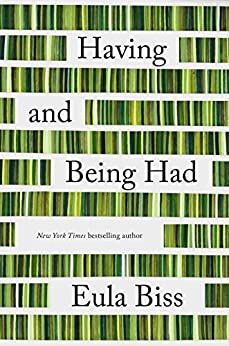More on this book
Community
Kindle Notes & Highlights
freelancing. And Toni Cade Bambara, or someone else, might show up at her house with groceries, unasked, and cook dinner.
A gift, Hyde writes, must keep moving. A gift must always be given away again, or something else must be given away in its place. There are tribal people, he writes, who have sayings like ...
This highlight has been truncated due to consecutive passage length restrictions.
And I think it’s a gift to give another person permission to do something worthless.
Women shouldn’t have to work for nothing, I tell my sister, and neither should artists, but I feel the
way some women once felt about the Wages for Housework movement—if I were paid wages for the work of making art, then everything I do would be monetized, everything I do would be subject to the logic of this economy. And if art became my job, I’m afraid that would disturb my universe. I would have nothing unaccountable left in my life, nothing worthless, except for my child.
Income’s Outcome is a project that began when the artist Danica Phelps made drawings of everything she did with the money in her bank account until that balance was spent down to zero.
The value of Phelps’s art, as she sees it, is inscribed on the art itself, art that illustrates what is done with money paid for art.
Among the rebels who resisted that counterrevolution were the Diggers, who called themselves the True Levellers. They imagined a new economy, in which people would work with each other, rather than for each other. They were not just ahead of
their time, Hill notes, they were ahead of ours. They fled to America, the radicals of that time, where their ideas have been forgotten.
“Our heavily redacted history has meant the loss of many options,” writes Marilynne Robinson. One of those options being a society that understands itself as valuing people above capital.
A speech by Lenin is playing from a loudspeaker while his words scroll across a screen in front of us. He’s saying things like: We must stop the spread of global capitalism before all the wealth of the world is held by a very few. That seems reasonable, Ivana remarks wryly. But now that all the wealth of the world is held by a very few, it is no longer a revolutionary sentiment. It’s just an artifact in a museum.
The spies are artists, I think, or anyone who lives inside a value system that isn’t their own. Artists can’t be expected to remain loyal to a regime that has made their work worthless. Maybe this is what Alexander Chee means when he suggests that all writers are class traitors, “no matter their social class.” I want to be a class traitor, but I suspect that I’m more attracted to the romance of treason than the reality.


